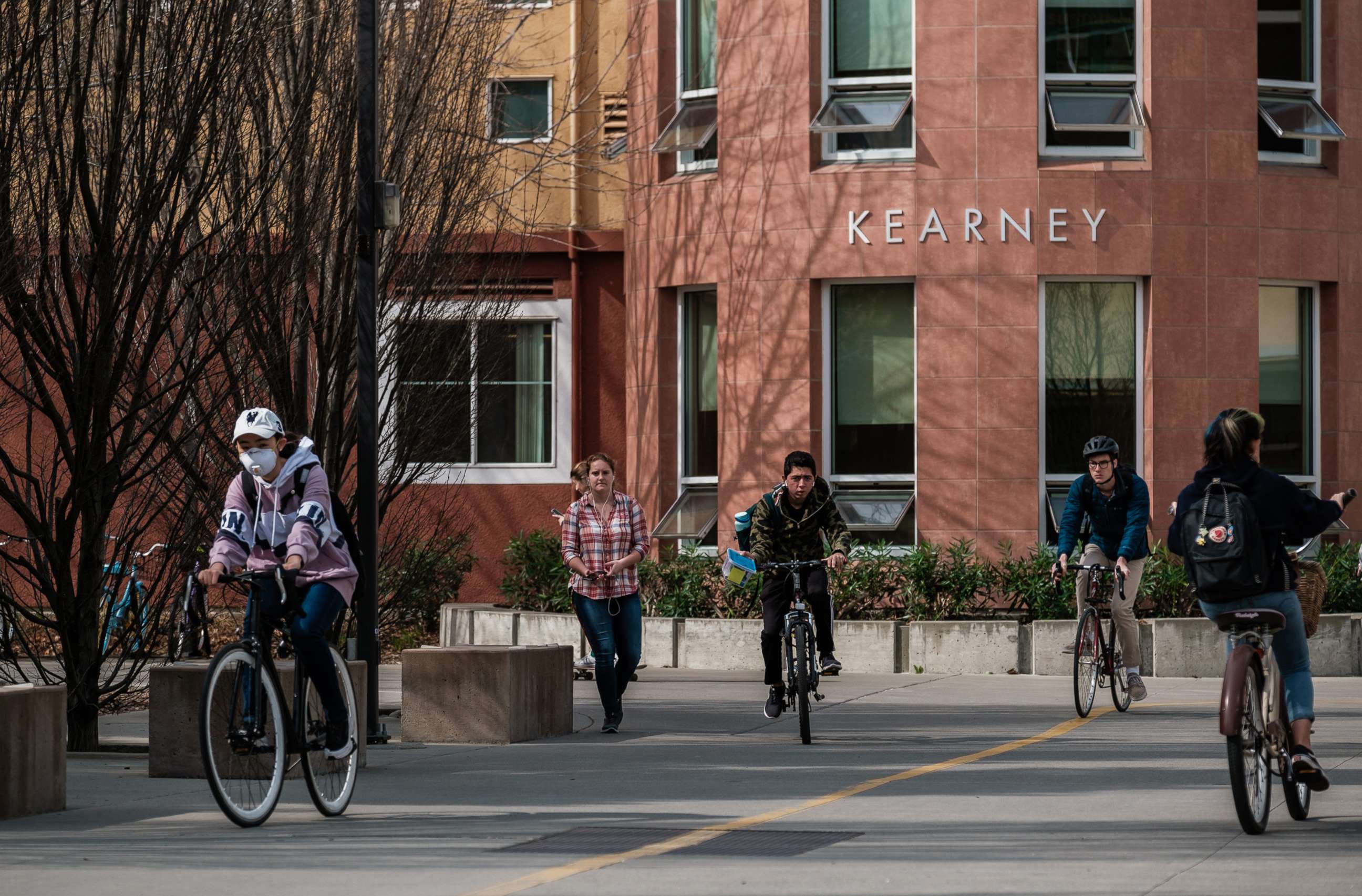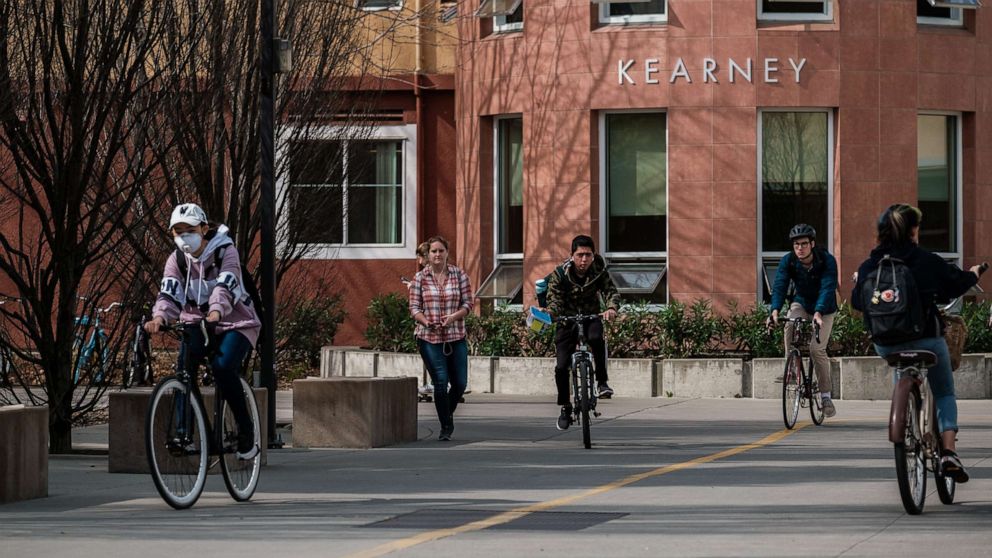UC Davis offers students money to not travel during spring break
As universities vie to keep students on campus over spring break amid concerns about travel during the coronavirus pandemic, one institution is offering a financial incentive.
The University of California, Davis is providing $75 grants to students who stay in the northern California college town during its spring break later this month.
"UC Davis asks everyone in the university community to avoid all nonessential travel during spring break," Chancellor Gary May wrote in an update to the school community last week that highlighted the city-campus partnership.

The first 750 students who qualify will receive the $75 grant, which can be redeemed at select Davis businesses during the school's spring break, from March 22 to 26.
Applicants must be current registered UC Davis students who live full-time in Davis. They also must be staying in town for the entire spring break and have a scheduled COVID-19 test during it.
Students have until 5 p.m. PST Wednesday to apply for the grant.
The response so far has been "overwhelmingly positive," UC Davis spokesperson Melissa Blouin told ABC News. The school will have more information on how many students applied after the deadline, she said.
There are about 5,900 students on campus.
UC Davis students and staff are urged to avoid all non-essential travel in general. But for those who do choose to travel during spring break, the school has advised that they get tested for COVID-19 every three to four days during the two weeks before their departure date and after they return. Students who go out of state also would need to self-quarantine for 10 days upon returning, per state guidelines.
"It is critically important for symptom-free students, especially those who have traveled, to get tested regularly," school officials said.

The "staycation" incentive comes a few weeks after Yolo County, where UC Davis is located, moved into the less-restrictive "red tier" of the state's coronavirus reopening plan, allowing some nonessential businesses to reopen with modifications.
Some schools have eliminated spring break altogether this year in an attempt to mitigate the risk of COVID-19 spread on their campus and in the surrounding community.
A study last year on COVID-19 spread backs up travel concerns. Looking at GPS smartphone data of more than 7 million U.S. college students, a June study by Ball State University and Vanderbilt University found that spring break travel may have helped fuel the spread of the coronavirus back in March, when the pandemic was ramping up in the United States.




